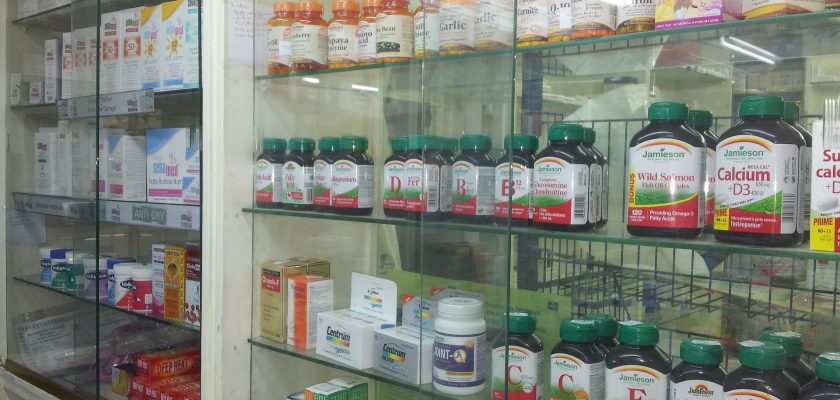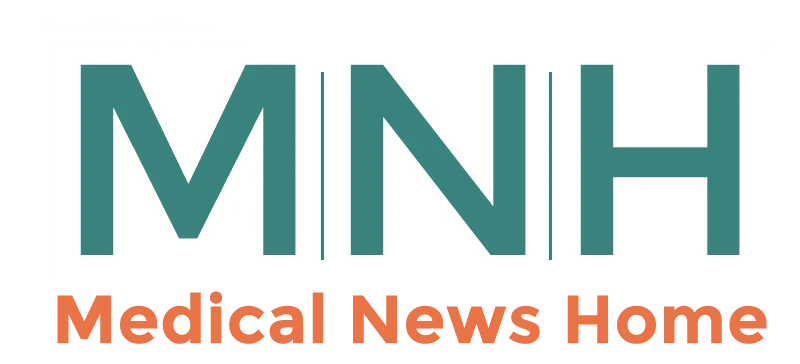What Will Happen if Tobacco is Sold Only Through Pharmacies
- Updated on: May 7, 2025
- Published on Jan 10, 2020

According to a report by Public Health Law Center, pharmacies are common retail locations for tobacco purchases. They comprise about 10 percent of all tobacco retailers, and upwards of 70 percent of pharmacies in some states hold a tobacco license. Tobacco sales at pharmacies have increased significantly over time. Between 2005 and 2009, when cigarette sales dropped 17 percent nationally, they increased 22 percent at pharmacies. But what would happen if tobacco is sold only at pharmacies and other registered outlets?
Most major pharmacies sell tobacco, a product which is the leading cause of preventable death and disease in the U.S. Certain studies have found that tobacco product prices are generally lower at pharmacies than at other tobacco retailers or distribution centers. Pharmacies have also been found to illegally selling tobacco to minors.
In 2019, for example, the Food and Drug Administration (FDA) labeled Walgreens as the worst offending pharmacy chain, saying that 22 percent of its stores were selling tobacco products to minors illegally. The FDA called out 15 national retailers who were allegedly found selling tobacco products to minors – Walgreens being the top defaulter.
Will the problem become even worse if pharmacies are the only sellers of tobacco and tobacco products? Will it make the tobacco landscape better if pharmacies are the only registered sellers of tobacco products?
Current Situation and Understanding About Tobacco Sale at Pharmacies etc
Many surveys and researches conducted in the last decade showed that there is a widespread public support for pharmacies to stop selling tobacco. Most people believe tobacco should not be sold in pharmacies.
The Centers for Disease Control and Prevention found in 2016 that majority of U.S. adults, including smokers, preferred a complete ban on tobacco sale at pharmacies. Most customers said they would shop at Walgreens just as often or more often if the chain stopped selling tobacco.
Almost a decade ago, the American Pharmacists Association (APhA) issued a policy calling on pharmacies and facilities with pharmacies to stop selling tobacco and tobacco products such as cigarettes. The APhA urged the federal government and state governments of the United States to limit participation in government-funded prescription programs to pharmacies that do not sell tobacco products.
Some surveys and interviews revealed that pharmacists viewed themselves as part of a health care team and considered their customers as patients. They felt a responsibility to provide health education and a need for better distribution of tobacco products. They also recognized the negative health effects of tobacco use as they saw their patients suffer due to tobacco consumption.
What Would Happen if Only Pharmacies Sell Tobacco Products?
A study published recently in 2020 in Australian and New Zealand Journal of Public Health provides information on the impact of different policy options to support Smokefree 2025. The objective of this research was to examine the potential impact of tobacco being available only from pharmacies, only from liquor stores or only from petrol stations on the retail landscape.
Researchers contacted tobacco retailers and pharmacies. Comparisons were made between tobacco retailers and pharmacies to assess the relationship between outlet types and deprivation. A total of 5,243 tobacco outlets, such as liquor stores and petrol stations, and 1,035 pharmacies were identified and mapped for this purpose.
The policy options examined in this study were found to considerably reduce the availability of tobacco, decrease cues to smoke and reduce the density of tobacco sales around schools. However, inequities in availability would exist with access to tobacco in rural areas disproportionately reduced, and a positive socio-demographic gradient remaining. It was found that substantially reducing tobacco availability can be an important tobacco control strategy.
Another research published in The Journal of Tobacco Control identified that the package of restricting tobacco sales to only pharmacies combined with cessation advice in these settings can increase our progress towards the tobacco control, and achieve large population health benefits and cost-savings.
This study used two peer-reviewed simulation models: a dynamic population forecasting model for smoking prevalence and a closed cohort multi-state life-table model for future health gains and costs by sex, age and ethnicity.
The research seems to be distributed in identifying whether pharmacies as the only seller of tobacco will improve the landscape and health situation or worsen it further. While many groups identified that it can help control the distribution and limit its sale, yet at the same time illegal sale and price differences and other such factors can boost the sale further.
Opponents for sale at pharmacies also look at the psychological impact it may have on the use of tobacco products at pharmacies, which are considered as extended health care centers by many. This may build a mindset that these products are ‘health verified’ by care providers if they are purchased from a pharmacy or chemist shops.


